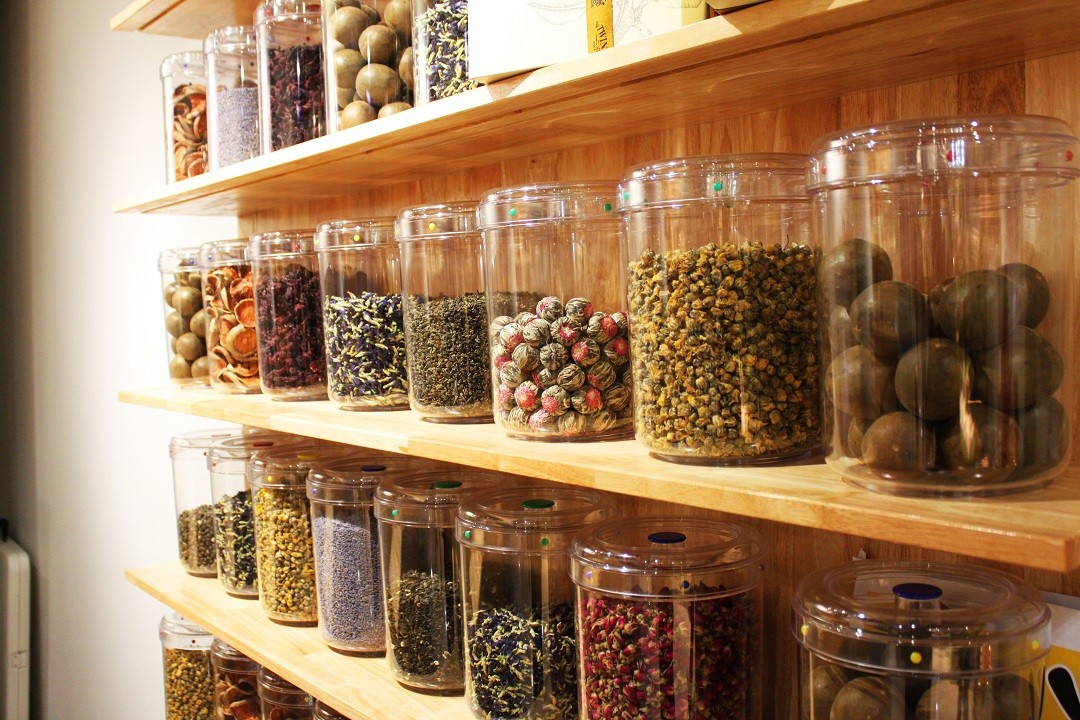
Coming into winter, it can seem that you are getting sicker more often with colds, flus or other maladies. However, there is no need to suffer! It is possible to strengthen your immune system with herbs, so you’ll be able to get through the cold season feeling better than you ever have before – using natural medicine. Here are some of the best herbs to help strengthen your immune system.
Immune System Booster #1 – Garlic
Garlic is a natural antibiotic, immune system stimulator, and it increases the effectiveness of the white blood cells and T cells – the infection fighting cells within the body. It also blocks the production of toxins by germs.
Immune System Booster #2 – Echinacea
Echinacea is one of the best known herbs for enhancing the immune system and it is effective against a wide range of bacteria, viruses, and fungi. It is most effective when taken at the onset of a cold or flu.
Immune System Booster #3 – Chinese Ginseng
Ginseng is an herb that affects the immune control centres of the nervous system, both directly and indirectly through the adrenocortical hormones. It tones, increases output, and restores equilibrium.
Immune System Booster #4 – Astralgus
Astragalus increase the production of interferon within the body. Interferon is an immune factor that inhibits the growth of viruses.
Immune System Booster #5 – Lapacho
Lapacho is a great stimulant for the immune system. This herb has been shown to help inactivate viruses as well as to actively inhibit, kill or stunt the growth of many viruses and bacteria.
Immune System Booster #6 – Myrrh
The extract of myrrh has been shown to improve the bacteria killing effect of white blood cells and is effective in fighting all kinds of infections, whether bacterial, viral or fungal. It is also directly anti-microbial.
Immune System Booster #7 - Licorice
The herb, licorice, helps the body to adapt to stress by increasing the metabolism of the hormone, cortisol. Due to this, licorice helps the body to deal with chronic fatigue, allergies, asthma, blood sugar imbalances, and recurrent infections.
Originally published on Mar 30, 2008








